An investigative report published on Wednesday takes a microscope to Apple's Australian tax dealings since 2002, finding the Cupertino company successfully avoided taxes on profits of $8 billion. The report is the first to assign numbers to Apple's outgoing, untaxed Australian cash flow.
Sifting through a decade's worth of financial statements, the Australian Financial Review found Apple to have shifted some $8 billion out of Australia through its Irish subsidiary, all of which was unencumbered by country taxes.
Apple Sales International, the Irish-based entity in charge of Apple's international tax dealings, has never filed financial returns with the Companies Registrations Office in Dublin, but reported over $100 billion in profit over the last five years while paying less than 50 cents in tax on every $1,000 of income.
As Apple is a foreign company doing business in Australia, however, it was required by Australian law to file annual financials to the Australian Securities and Investments Commission from 2000 until 2009. From these documents, the Financial Review was able to extrapolate the margin ASI charged to sell iPhones and iPads to subsidiaries in a number of regions worldwide.
While no filings exist past 2009, ASI's margins over the preceding decade very closely follow gross margins reported by Apple for worldwide sales. Using Apple's worldwide margin as a proxy for ASI margin, the publication calculated Apple Australia to have paid an estimated $6.5 billion in profits to the Irish subsidiary between 2010 to 2013. This is based on Apple's reports to ASIC of total sales equating to roughly $18 billion and pre-tax profits of $349 million.
As is well known, Apple employs an accounting method, dubbed the "Double Irish with a Dutch Sandwich," that leverages multiple international laws to sidestep taxes. The method is used by a number of large corporations, though Apple has taken the brunt of government and media criticism for employing the technique.
Apple leans on an Irish law that views a company as a tax resident of the country from which it is managed, not incorporated. For international profits, Apple directs money to its subsidiary in Ireland as royalties on company-owned patents, or "intangibles." Ireland's regular tax rate is 12.5 percent, but that is not applied to ASI because, under the law, it is managed by Apple in the U.S. This also means the U.S. and other countries, like Australia, are also unable to levy taxes on Apple's Irish operations because ASI is out well out of their jurisdiction.
Ireland upholds treaties with other European countries that allows companies to pass money across its borders without leveling a tax, meaning Apple's money can be routed through the Netherlands, or Singapore in Australia's case, to ASI in Cork. From there, Apple's still untaxed profit can be sent to the Caribbean or Cayman Islands.
The publication offers a recent example of Apple's reported pretax earnings for 2013, which came out to only $88.5 million after an estimated $2 billion of income was funneled to ASI.
In 2012, the Australian Tax Office slapped Apple with a $28.5 million bill for back taxes, though the details behind the charge remain unknown. The year prior, Apple paid $94.7 million in taxes after having generated $4.87 billion in revenue.
Ireland's Finance Minister Michael Noonan has promised to close the loophole in the country's tax code that allows multinational corporations like Apple, Google, Microsoft and others to avoid paying billions of dollars in taxes.
For its part, Apple's tax dealings cannot be faulted as they don't break any laws and with little impetus other than adhering to the "spirit of the law," a change in corporate policy seems unlikely. CEO Tim Cook has met separately with the U.S. Congress and Noonan over the issue of tax reform, which is the only way to tie up the loopholes.
Critics say the new Irish laws lack teeth and will still allow Apple to choose its own tax residence. Apple in 2010 set up a Singapore subsidiary called Apple South Asia Pte Ltd. and was able to negotiate a ten-year tax incentive for "various concessionary rates" thought to be below five percent. Apple is now reportedly moving its Australian profits through this Singapore arm.
 Mikey Campbell
Mikey Campbell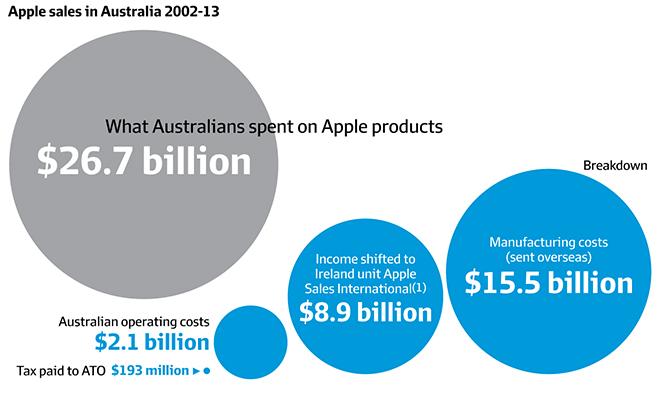
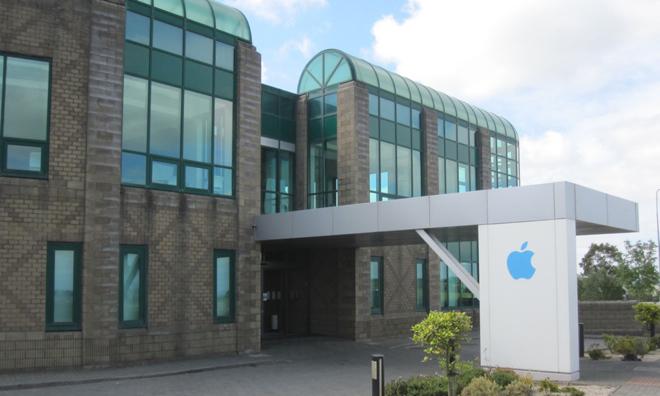


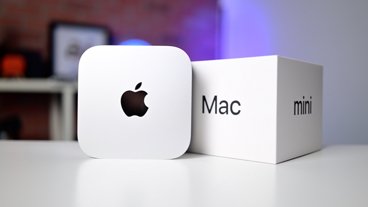











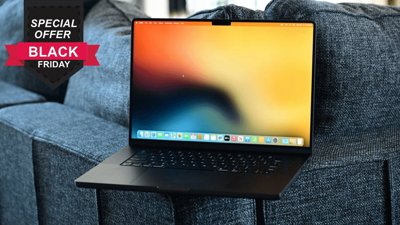
 Christine McKee
Christine McKee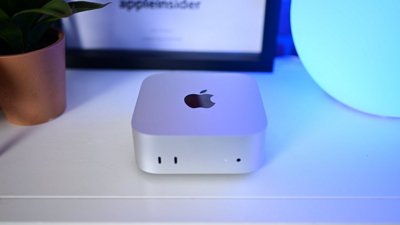
 Mike Wuerthele
Mike Wuerthele
 William Gallagher
William Gallagher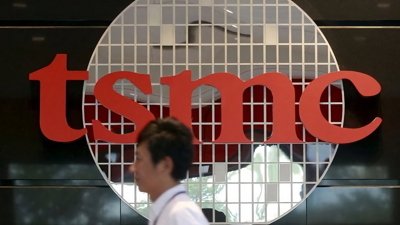
 Amber Neely
Amber Neely
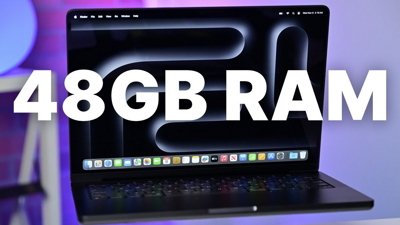

 Sponsored Content
Sponsored Content






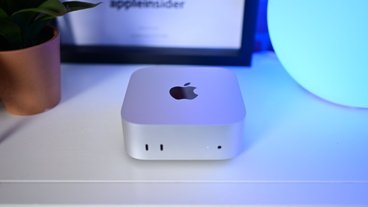


187 Comments
if it was done illegally, then Australia should prosecute. If it was done legally according to the rules of the tax code, then someone is doing their job well at Apple finance department.
And to quote the great Kerry Packer:
"I am not evading tax in any way, shape or form. Now of course I am minimizing my tax and if anybody in this country doesn't minimize their tax they want their heads read because as a government I can tell you you're not spending it that well that we should be donating extra."
I'm crying for the Australian government.
Mountain or molehill?
An investigative report published on Wednesday takes a microscope to Apple's Australian tax dealings since 2002, finding the Cupertino company successfully avoided taxes on profits of $8 billion. The report is the first to assign numbers to Apple's outgoing, untaxed Australian cash flow.
Apple has the best lawyers and the best accountants of any multinational corporation on the face of the Earth. I'm sure everything Apple did was 100% legal.
Suck it, Australia!